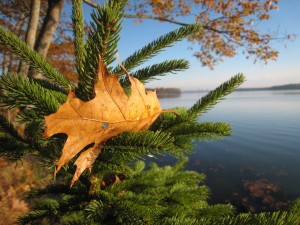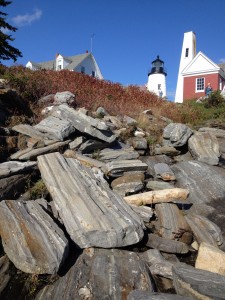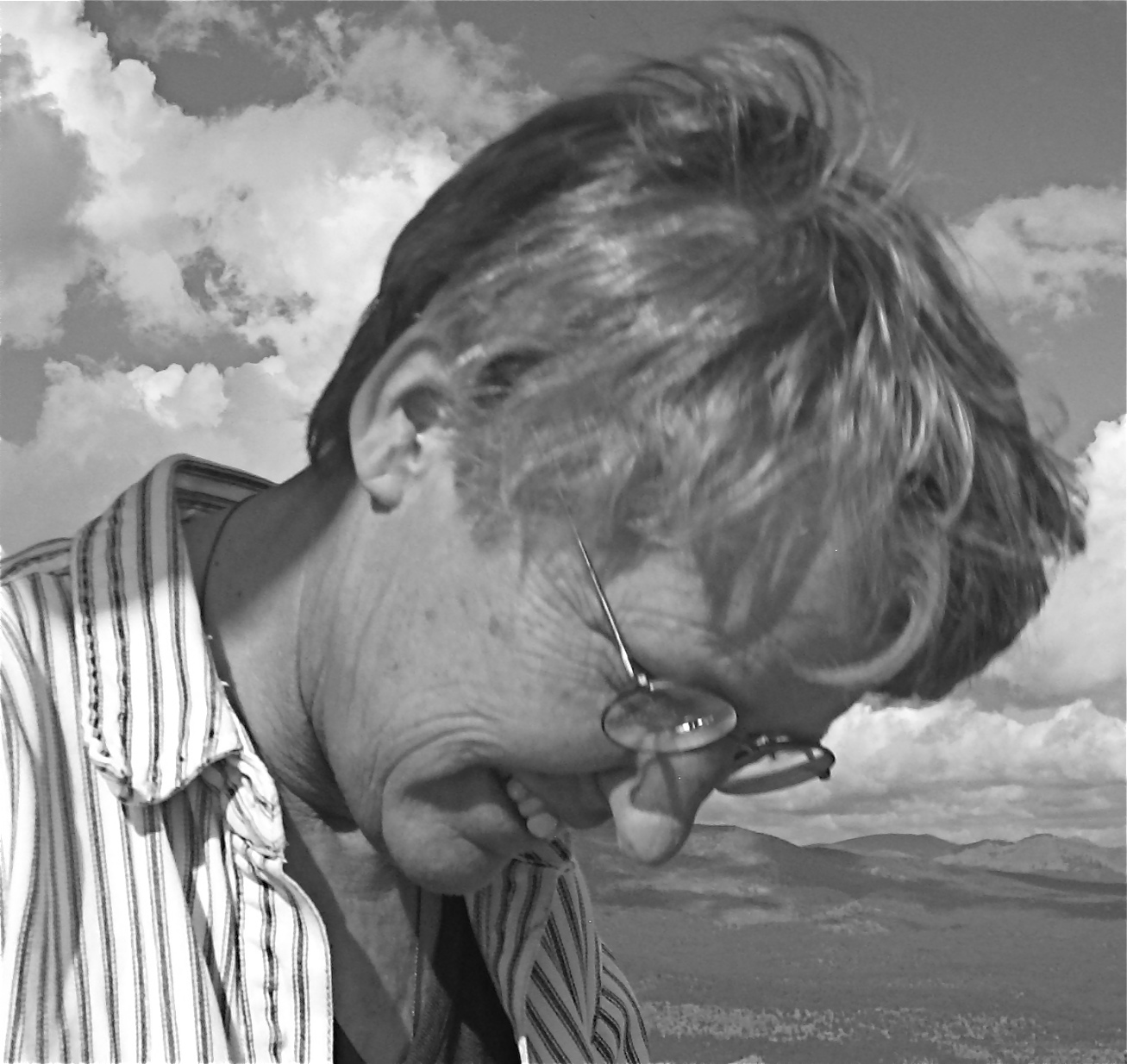 When you drive an older white Toyota truck with Arizona plates in mid-coast Maine it’s not hard to bump into conversations here and there. You already look like an odd duck by having a white truck in a land of dark vehicles, and how strange, there’s no rust on your truck.
When you drive an older white Toyota truck with Arizona plates in mid-coast Maine it’s not hard to bump into conversations here and there. You already look like an odd duck by having a white truck in a land of dark vehicles, and how strange, there’s no rust on your truck.
“Maybe you want to sell that handy little truck?” asks the fellow in the pit changing the oil at the Prompto.
“I’ve got near 300,000 on my Tacoma,” says a lanky stranger in the Rite Aid parking lot.
“I have a cousin in Scottsdale,” says the man outside the bank, who thinks Arizona is probably a good idea, but will never go there himself, settled into Maine as he is like an outcrop of granite on a tidal shore.
It was my turn to start the conversation last week when I went by a local spring to fill up containers with tasty water. The well at my house runs clean, but there is a sweetness to spring water that makes a particularly good cup of tea. I backed up to a cement box my uncle first showed me in the ’60s. It hasn’t changed much since then, but I noticed the flow was slower than I’d ever seen it. However, I was in no hurry and it was a fair day, and so I sat on the tailgate while one of my three gallon jugs slurped water. Fall is doing its annual painting using one dab of the brush at a time, I thought. Color in clumps competed with a blue sky. A single leaf glowed neon orange as if it knows it will be brown before long.
 When another vehicle arrived and backed near, I didn’t feel rushed. I was there first and I expect local people are well aware the flow is pokey this year and there might be a wait. I nodded at the driver’s nod, but didn’t presume to be familiar, which is the usual way of strangers in out-of-the-way New England. But after he’d got his crates of containers settled, as we both listened to air stir the trees and spring sound its trickle, I spoke up. I’d noticed his license plate and couldn’t resist. LGHTHSKPR.
When another vehicle arrived and backed near, I didn’t feel rushed. I was there first and I expect local people are well aware the flow is pokey this year and there might be a wait. I nodded at the driver’s nod, but didn’t presume to be familiar, which is the usual way of strangers in out-of-the-way New England. But after he’d got his crates of containers settled, as we both listened to air stir the trees and spring sound its trickle, I spoke up. I’d noticed his license plate and couldn’t resist. LGHTHSKPR.
At first I’d read the plate and thought he was a skipper of some kind of boat. There are plenty of them around with the working harbor of Rockland not far away. Then I got it: lighthouse keeper. As a fire lookout of many seasons, this tickled me. I’ve always felt a kind of camaraderie with those professionals of signal keeping who tend towers by seashores the world over. Here was a live one. I set my usual shy tongue aside and waded right in.
“Does the constant sound of the waves make you a little nuts?”
He chuckled and said. “I did it five years and don’t seem the worse for it.”
Like many fire lookouts I’ve known, he stumbled into an odd profession by chance and thought it was going to be a one-off. But he liked it so well that when they called him he kept going back.
Like the thin stream of water that filled our jugs, our talk was in no rush. I discovered a lighthouse keeper in Maine and a fire lookout from Arizona have both enjoyed the exhilaration of face-stroking weather that changes by the hour, and have also had to learn to adapt to the quirks of working for the government. And something else, I realized in a pocket of silence as I capped my containers and set them on the tailgate of my old truck. Fire towers are a variety of island, I realized. You voyage out a dirt road to a peak someplace and you best be able to live with what is actually there—not struggle about what is missing. Many tales about lighthouse life describe the excitement when mail or freshwater or provisions finally arrive after weeks or months. But obviously having to do without things for a while wasn’t a reason to not do the job.
“Were you surprised when they called you back?” I asked.
“They were having trouble finding people to take the job,” he said.
“I know,” I said. “It’s a dream job for some, finding all that solitude, but not many actually find alone time that dreamy.”
But he corrected me. “Many of us were out there year round with family. It seems too many of the guys didn’t want to come back for another year after spending so much time with their wives!”
And it was life with a wife that steered his shared life into other realms after the lighthouse years.
I wanted to ask him, “Do you miss it?” But this is New England after all and that seemed to me more personal than a stranger ought to be with a stranger. I watched him lining up his containers to fill one by one and took my time rearranging things in the back of my truck so I wouldn’t find any jugs tipped over when I got back to the house.
“Anyway,” I said, by way of goodbye and thanks for the conversation. “Maybe I’ll get myself a new license plate next time it comes up.” He looked up from water flowing and sun shining on woods, and leaves beginning to ooze reds and yellow.
“RTDFIRELO,” I said.
He nodded and smiled and seemed to be watching me drive away, I thought, as I goosed the gas over the lip from dirt road to two-lane. Or maybe he was sizing up my truck, wondering if I’d sell it to him. Or maybe he was thinking, what a strange pale shade of truck that is, and what an odd bird driving it.

